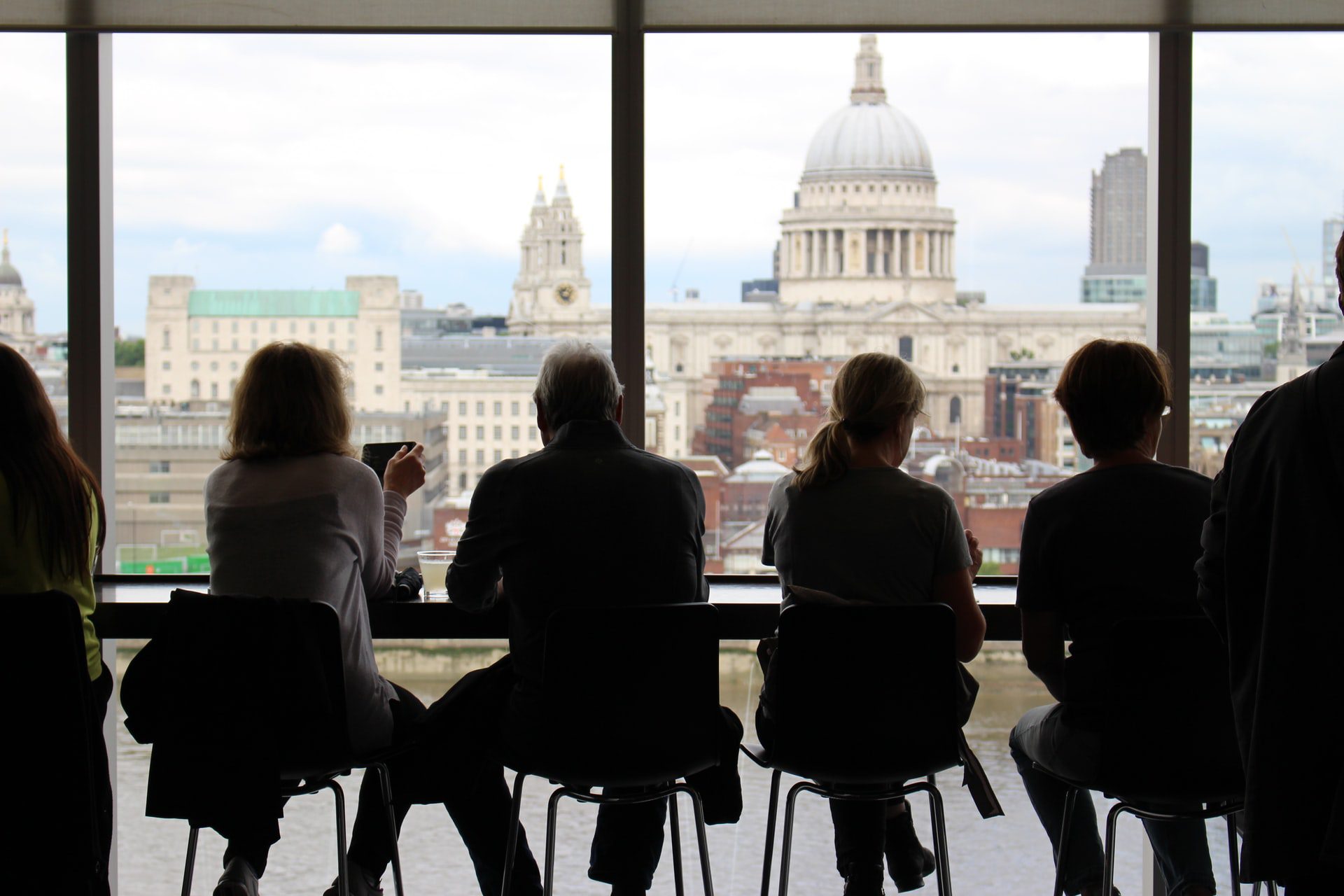Skift Take
There's a date in sight, but that's coupled with a statement that the pandemic is not over. This is a dangerous mixed message from Prime Minister Boris Johnson.
British Prime Minister Boris Johnson will set out plans on Monday for the final step in easing England’s Covid-19 lockdown, including guidance on social distancing, face coverings and working from home.
After imposing the most onerous restrictions in Britain’s peacetime history to battle the novel coronavirus, Johnson is preparing to lift most restrictions in England on July 19, with a final decision due on July 12.
Data suggests that cases will continue to rise as restrictions are eased, the government said, but the link to hospital admissions and deaths has been weakened by a rapid vaccination programme.
Join Us at the Skift Destination and Sustainability Summit on July 21
Johnson is expected to say that people will learn to live with Covid as they do already with flu, meaning that hospitalisations, serious illness and deaths will continue but at a much lower level than before widespread vaccination.
“As we begin to learn to live with this virus, we must all continue to carefully manage the risks from Covid and exercise judgement when going about our lives,” Johnson said in a statement released by his office.
“But I must stress that the pandemic is not over.”
Britain has suffered the seventh highest global death toll from Covid-19, and Johnson has been criticised for his decisions over the timing of each of England’s three lockdowns.
But the take-up of vaccines in Britain has been strong, with 86 percent of adults receiving a first dose and 64 percent receiving two doses as of Sunday, according to government data.
Meanwhile countries such as Australia, where case numbers are lower but vaccination has been much slower, are tightening restrictions.
Cases of Covid-19 have also risen sharply in Britain in recent weeks, driven by the now-dominant Delta variant, and the final step of lockdown easing was delayed by four weeks to enable more people to be vaccinated.
However, Public Health England figures indicate that the vaccines are highly effective in preventing the Delta variant leading to severe illness or hospital admission.
Housing minister Robert Jenrick said on Sunday face masks would no longer be mandatory after the final step in lockdown easing, but many doctors and scientists urged the government to be more cautious.
“It makes no sense to stop wearing face masks amongst the public in closed public settings such as public transport,” Chaand Nagpaul, Chair of the Council of the British Medical Association trade union, told BBC radio, noting that their primary role was in preventing transmission.
“As for ‘personal choice’ — remember that the public face masks do not protect the wearer predominantly; they protect people around you.”
(Reporting by Paul Sandle and Alistair Smout; editing by Barbara Lewis and Kevin Liffey)
This article was written by Paul Sandle and Alistair Smout from Reuters and was legally licensed through the Industry Dive publisher network. Please direct all licensing questions to [email protected].
Register Now for the Skift Destination and Sustainability Summit on July 21
The Daily Newsletter
Our daily coverage of the global travel industry. Written by editors and analysts from across Skift’s brands.
Have a confidential tip for Skift? Get in touch
Tags: boris johnson, coronavirus, uk
Photo credit: People are being asked to exercise judgement after restrictions officially lift. Christian Battaglia / Unsplash
